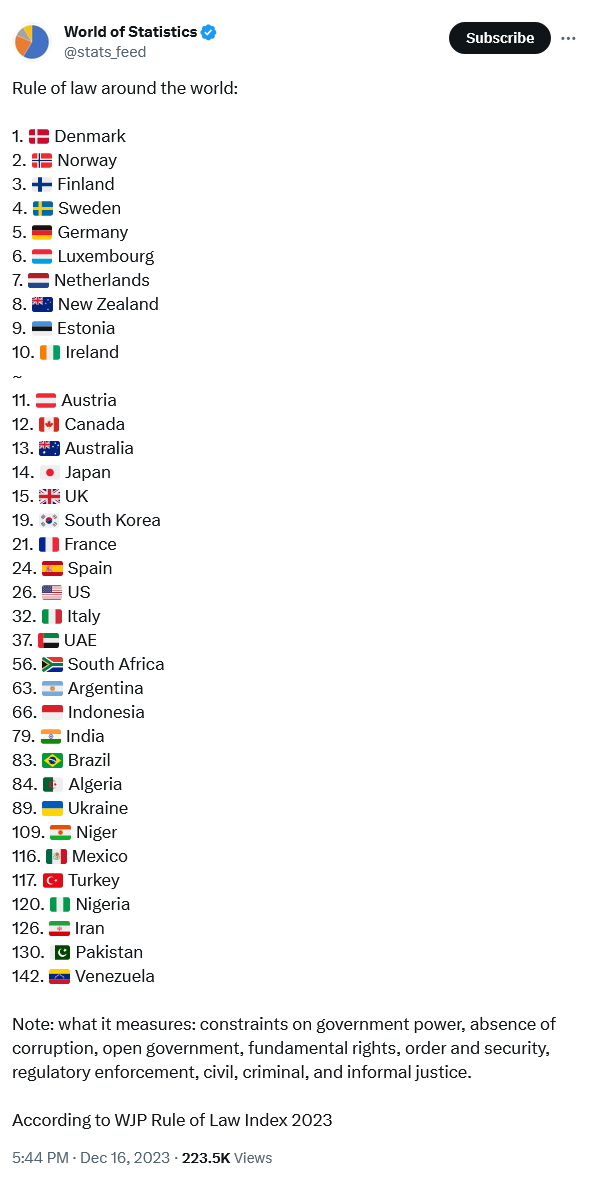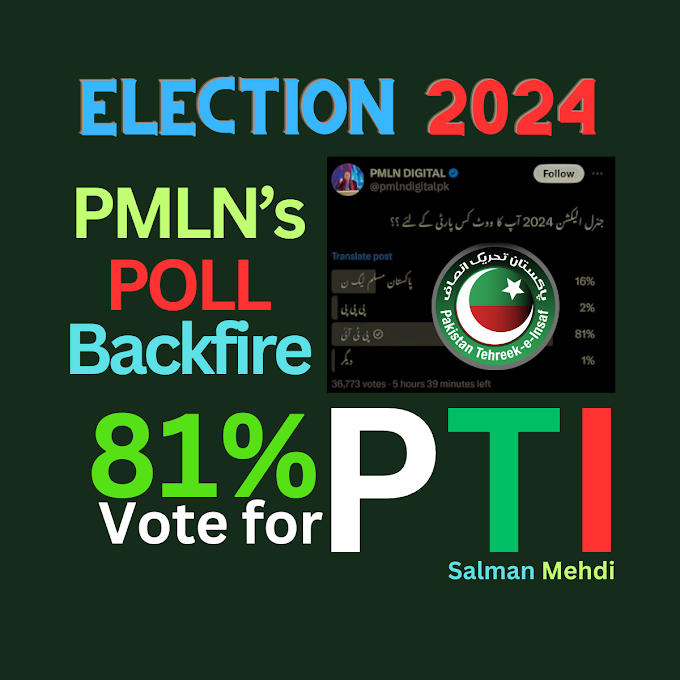 |
| An abstract depiction of modern warfare, where traditional combat intertwines with digital battles, reflecting the complexities of power dynamics and global conflict in the 21st century. |
War is often viewed through the lens of victories and losses, strategies, and alliances. However, underneath the surface of every conflict lies a profound interplay between power, ideology, and the human condition. The significance of warfare in shaping civilizations transcends the battlefield, affecting not only geopolitical landscapes but the very fabric of human identity and morality.
Reflecting on the latest conflicts like the Russia-Ukraine war, we see that modern warfare is more than just the exchange of fire and territory; it’s a clash of ideologies and narratives. From Russia’s attempt at counter-revolution to the intricate strategies of NATO, the complexities of these conflicts challenge the traditional understanding of power and revolution. Power is no longer determined solely by military might but by information, culture, and perception.
Historically, conflicts like World War II were simpler in comparison. A clear division existed between the Axis and Allied powers. However, today's wars, like the one in Ukraine, are interwoven with cyber warfare, economic sanctions, and a global narrative that pulls every citizen, politician, and media outlet into the fold. The act of war becomes an exercise in influencing global thought, not just in controlling land.
What strikes the human heart most profoundly about war is its unpredictability and its long-lasting effects. Empires may rise, and regimes may fall, but the philosophical questions remain eternal. What drives humanity toward conflict? Is it fear, greed, or a deeper, inherent desire for dominance?
Modern scholars like Samuel Ramani explore these questions with an intellectual rigor that unveils the layers of human motivation. In analyzing Russia's invasion of Ukraine, Ramani suggests that the war was not spurred by fear of NATO but by internal fears of revolution and destabilization within Russia itself. The Kremlin's 'counter-revolutionary' stance demonstrates a desperation to maintain an existing order, even if that order is at odds with the global community.
Such a stance invites reflection on the concept of power. Throughout history, authoritarian leaders have sought to create illusions of stability by suppressing dissent and revolution. Yet history teaches us that revolutions are born from such suppression. They are the inevitable response to an environment that restricts human freedom and creativity. In this way, power, in its most rigid forms, is often fragile.
Take, for instance, the cultural implications of war. As Ramani points out, Russia's propagandist efforts, though often clumsy, reveal deeper contradictions within its strategy. The global south's reaction to the war, for instance, differs dramatically from that of Western nations. In many countries outside the West, Russia's narrative of defending its sovereignty resonates. This demonstrates the importance of cultural narratives in warfare—a concept that has become more prominent in the 21st century.
The Russia-Ukraine conflict has also introduced the world to a new form of military strategy. Where once armies clashed in large, organized battles, today's warfare is a multidimensional chess game. Drones, cyberattacks, and social media campaigns have become crucial weapons in a nation's arsenal. The war’s opening phase, as described by Ramani, was marked by Russia’s logistical failures and the overwhelming success of Ukrainian countermeasures, aided by advanced technology. The sinking of the Moskva, a Russian flagship, symbolizes not just a military defeat but the symbolic unraveling of Russian naval prowess.
Yet, the implications of modern warfare go beyond military strategy. The decisions made in boardrooms and military headquarters reverberate through time, shaping the future of global politics and economics. The war's financial costs, for example, have affected economies across Europe, with nations like Germany and France forced to rethink their energy dependencies and political alliances.
As power becomes more elusive, shifting from one form to another, philosophers and military theorists alike are left to ponder: where does true strength lie? In military might? In economic stability? Or in the hearts and minds of a nation's people?
For leaders like Vladimir Putin, maintaining power means maintaining an illusion of control. But as revolutions in history have shown, no leader can suppress the will of the people indefinitely. Ramani's analysis of Russia's 'counter-revolutionary' tactics suggests that the true motivation behind Putin's war in Ukraine lies in his fear of internal dissent. The Russian government’s attempts to portray its actions as a defense against Western aggression ignore the internal unrest and desire for change bubbling beneath the surface.
As we look forward, the future of warfare seems as uncertain as ever. Nations are no longer confined by borders and oceans. The rise of globalism, the internet, and the interconnectedness of economies have transformed the battlefield. Wars are now fought not just with tanks and missiles but with data and information. The 'hybrid warfare' tactics employed by both sides in the Russia-Ukraine conflict demonstrate this shift. Cyberattacks, disinformation campaigns, and economic sanctions have become as important as traditional military strategies.
The philosophical implications of this shift are vast. What does it mean to win a war in the 21st century? Can a war be won through military conquest alone, or must it be accompanied by a victory in the minds of the global populace? These are questions that military leaders, politicians, and philosophers must grapple with as we navigate this new era of conflict.
In conclusion, war has always been a reflection of the human condition—our desires, fears, and ambitions played out on a global stage. The modern age has only magnified these elements, making war more complex and far-reaching than ever before. As we watch the events in Ukraine unfold, we are reminded that power is fleeting and that the true victors in any conflict are often those who can adapt to the changing tides of history.
By Syed Salman Mehdi
LinkedIn Profile
Email: salmanmehdi128@gmail.com











